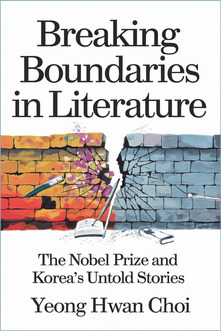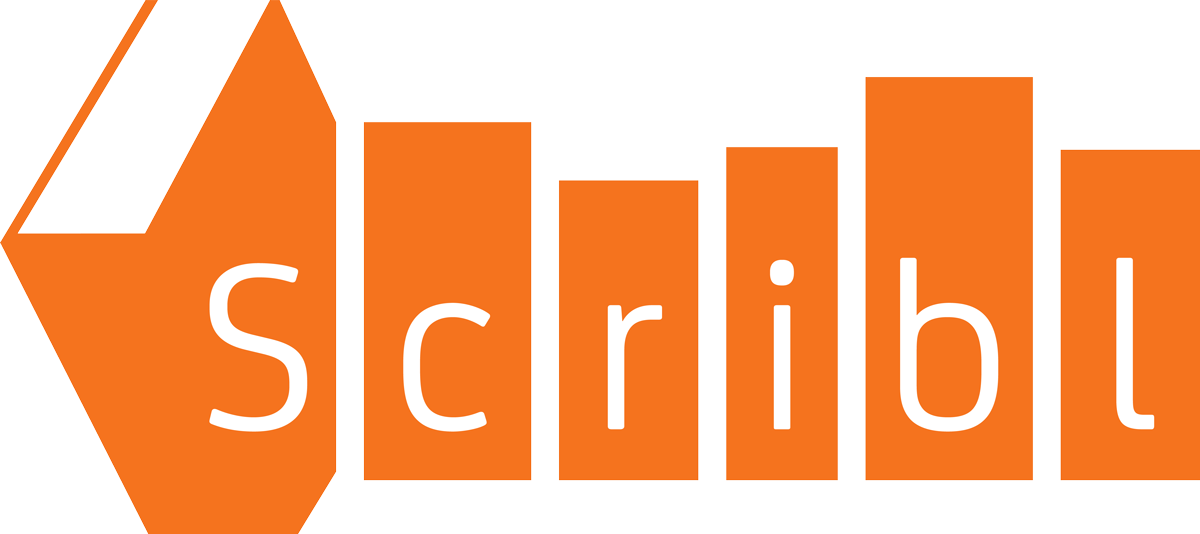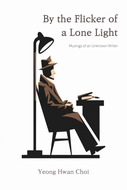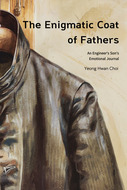
Add to Stack
49,364 words
Synopsis
"Breaking Boundaries in Literature: The Nobel Prize and Korea's Untold Stories" is a journey that transcends the familiar boundaries of literary critique. In this bold narrative, I delve into the heart of a question that has long troubled me: why does a prestigious award like the Nobel Prize often recognize works that fail to capture the full spectrum of the human experience, let alone the complex cultural sentiments of nations like Korea?
At first glance, it may seem as though this is a book about literary criticism—a questioning of how one-sided perspectives come to dominate global recognition. But at its core, this work is much more than a critique of literary bias. It is an exploration of the multiverse itself, a challenge to the idea that the Nobel Prize, or any human-made institution, can truly grasp the depth of experience that exists beyond anthropocentric narratives.
In a world defined by quantum uncertainty and the principles of relativity, why do we still cling to the notion that a singular "truth" or "universal" story can represent all of us? I ask this as someone who has spent years observing the increasing polarization in literature—where binary thinking, political ideologies, and human-centered concerns dominate. But the natural world, the cosmos in which we exist, operates on principles far beyond our limited comprehension. Could it be that in seeking to capture a singular "universal human experience," we are ignoring the more profound and chaotic truths that surround us?
As you read this book, I invite you to consider a new perspective: one where the significance of a literary work is not measured by its political or social resonance, but by its ability to reflect the chaos, the order, and the vastness of the natural world. The Nobel Prize, once a symbol of human accomplishment, may have lost its way by focusing too narrowly on human ideologies. In doing so, it misses the greater, more profound narrative that unfolds in the universe—one that includes but is not confined to the human condition.
Ultimately, "Breaking Boundaries in Literature" asks more questions than it answers, and that is precisely the point. The story of Korea—its division, its pain, its resilience—is not one that can be told from a single perspective, nor can it be understood within the limits of binary thinking. It is, in fact, a story that belongs to the cosmos, to the chaotic interplay of forces that shape not just human lives, but the very fabric of reality itself.
Similar to this book
Story Elements
Setting
| Geography: | Space - Beyond Our Galaxy |
|---|---|
| Realism: | Science stretched but possible (possible science of the near future) |
| Setting Type: | Space |
| Time Period: | Prehistoric |
Main Character
| Age: | Adult |
|---|---|
| Gender: | Male |
| Race: | Asian |
| Religion: | Agnostic/Atheist |
| Sexual Preference: | Heterosexual |
Styles & Themes
| Humor: | Moments of levity |
|---|---|
| Inspires Reader to Feel: | Confused/Questioning |
| Mysteries & Puzzles: | Thought-provoking puzzles tangentially related to story |
| Pacing: | Moves quickly |
| Physical Action: | Negligible physical action |
| Political/Social Commentary: | Story is intended as metaphor for social or political theme(s) |
| Romance: | Minor romance, not a significant story driver |
| Genre | Mystery |
|---|---|
| Mysteries & Puzzles: |
|





